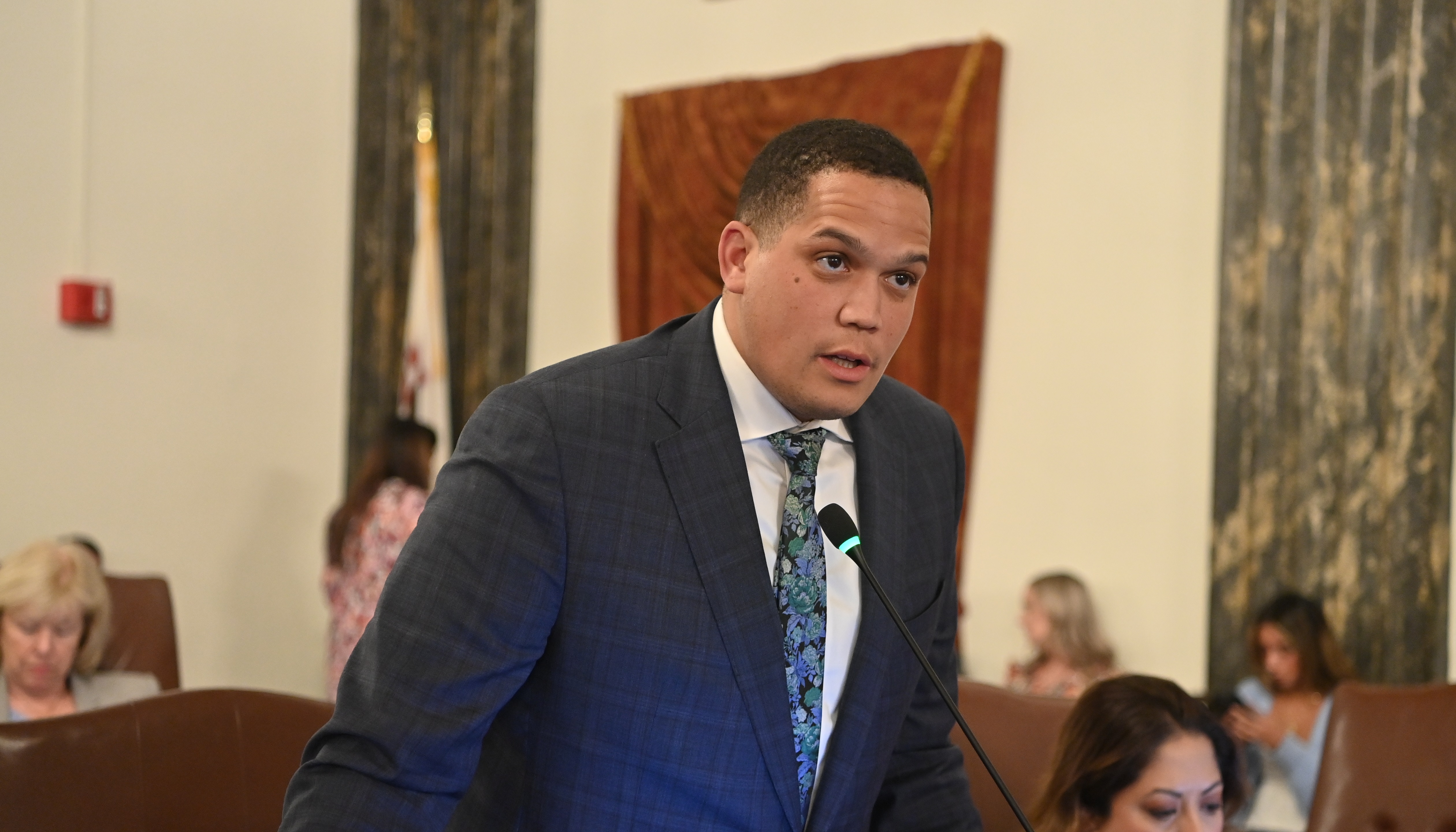Peters’ district to see $101 million in Rebuild Illinois investments
- Details
- Category: Press Releases
 CHICAGO – Building upon the smart infrastructure investments supported by State Senator Robert Peters, the Illinois Department of Transportation announced an investment of $101 million in road and bridge improvement projects across the 13th District.
CHICAGO – Building upon the smart infrastructure investments supported by State Senator Robert Peters, the Illinois Department of Transportation announced an investment of $101 million in road and bridge improvement projects across the 13th District.
“Thanks to Rebuild Illinois, we will see some much-needed improvements to our roads and bridges,” said Peters (D-Chicago). “These investments allow us to put in the work to preserve the historic value of our roads and increase safety for residents.”
As part of IDOT’s latest Multi-Year Plan under Rebuild Illinois, the district Peters represents will see four infrastructure projects totaling $101 million next year.
Peters announces funding for Chicago mental health clinic
- Details
- Category: Press Releases
 CHICAGO – State Senator Robert Peters announced Thresholds mental health center in Chicago has been selected to participate in a federal program designed to expand and improve access to coordinated mental health care and substance use treatment.
CHICAGO – State Senator Robert Peters announced Thresholds mental health center in Chicago has been selected to participate in a federal program designed to expand and improve access to coordinated mental health care and substance use treatment.
“Mental health is an issue that touches every community in Illinois,” said Peters (D-Chicago). “This program offers folks who otherwise would go without help the opportunity to receive behavioral health services.”
Peters: Budget prioritizes violence prevention programs and promotes equity
- Details
- Category: Press Releases
 SPRINGFIELD ¬– State Senator Robert Peters (D-Chicago) released the following statement after the Senate passed the Fiscal Year 2025 budget:
SPRINGFIELD ¬– State Senator Robert Peters (D-Chicago) released the following statement after the Senate passed the Fiscal Year 2025 budget:
“Earlier this year, Black Caucus members stressed the need for investments combating historical disinvestment and systemic racism. As the Senate chair of the Illinois Legislative Black Caucus, I'm proud of our negotiations securing funding for initiatives like the Reimagine Public Safety grant program and after-school and summer youth programs.
“However, I, like many of my Black and brown colleagues, would have liked to see more funding put back into our communities to support these data-proven programs.
“I was pleased to see my focus on fairer systems for survivors of domestic and gender-based violence led to vital funding for support services. I look forward to seeing how these investments will create opportunities for equity and further expand support for our communities most in need.
“In regards to economic equity, we secured funds for tourism spending so that we can continue attracting driving revenue and boosting local economies.”
Peters' legislation to streamline record-clearing for youth heads to governor
- Details
- Category: Press Releases
 SPRINGFIELD – State Senator Robert Peters released the following statement in response to passage of his Senate Bill 3463 in the House, which will make record expungement a smoother process for youth involved with the juvenile court systems:
SPRINGFIELD – State Senator Robert Peters released the following statement in response to passage of his Senate Bill 3463 in the House, which will make record expungement a smoother process for youth involved with the juvenile court systems:
“We are changing how court systems see young people, helping them get back on track and be a part of the community again.
“Youth involved in the criminal justice system lack consistent legal representation, struggle to navigate legal procedures, and often miss notifications regarding potential expungement opportunities. This initiative prioritizes their rehabilitation and successful reintegration into society.
“Streamlining the expungement process by coordinating it with initial court decisions eliminates unnecessary appearances, enabling more young people to erase their past mistakes and concentrate on building a brighter future.
"I am immensely proud to witness both chambers advance this legislation with bipartisan support, and I look forward to the governor's support by signing Senate Bill 3463 into law.”
More Articles …
Page 20 of 95





